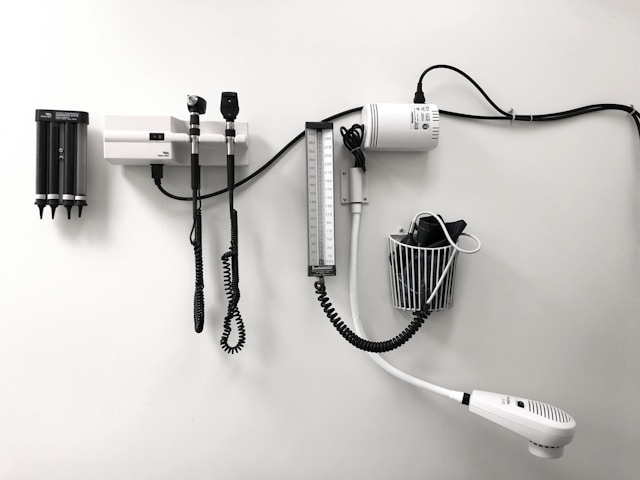How to Transition from Clinical Practice to Healthcare Leadership
You love the patients, the collaboration, the compassion, and the work of modern medicine . You may even love the paperwork and reports, but you’re looking for something bigger in your field. Something that requires a bit more leadership, and a bit more troubleshooting the larger problems. You’re not alone, and in fact, clinicians make excellent healthcare leaders because they know the ins and outs of it all. What’s available in the field of healthcare leadership is abundant and worth exploring. So, where do you go from here?
As a clinician, long hours, demanding patients, and quick thinking is a part of the job description. In healthcare leadership, the same applies. Anyone who’s visited a healthcare facility in the last four years has probably noticed a lot of changes. The pandemic brought with it not only a significant crisis, but significant changes in the structure, staffing, and care of patients. As a healthcare leader, the job requires one to think on their feet, and give support and morale to the people they are leading.
Healthcare Program Manager
One of the most important leadership positions is a healthcare program manager. In this role the manager is responsible for planning, developing, and executing what patients need most in their particular program. A program manager collaborates with medical staff to oversee and strategize care. They are also responsible for budgets, negotiating contracts, and making adjustments as needed.
Nurse Management
For those who are nurses looking for leadership roles, a nurse management position may be the right move. In the role of nurse manager, the leader is essentially in charge of making sure everything runs smoothly, from the nursing staff, to the implementations they are making, to budgets, and the patients they are helping. Communication, role modeling, and teamwork are tremendous assets for this position as they will help prevent burnout and turnover of the team.
If managing a team seems a little too contained for you, consider the role of clinical administrator. In this role, you would be overseeing all of the day-to-day operations of an entire healthcare facility. Scheduling, budgeting, compliance with healthcare regulations, and maintaining balance between patient care and operations are some highlights of the position. You would also be in charge of recruiting and hiring the medical professionals to create the amazing workforce of your facility.
CEO
If it’s vision and innovation that calls, then going even beyond management leadership roles may suit you. Becoming the Chief Executive Officer of a hospital or medical system is a big job, but a rewarding one. Studies show that CEOs play a dramatic role in how patients receive the experience of their stay. Promoting a positive environment, setting strategic goals, and executing change within a whole system is only part of the enormous work of a CEO. Although the CEO wears many hats, it’s their leadership that keeps everything running smoothly and new ideas implemented.
There are so many avenues to consider as a clinician and medical facilities need excellent professionals as their backbone. Becoming a leader in the medical field means not only can you put your expertise to work but you are the one steering the ship.
Your Healthcare Recruiting Partner: Land that Dream Job with Us
At Momentum, we specialize in healthcare recruiting, connecting talented professionals with exceptional career opportunities. We are proud to offer a wide range of healthcare leadership positions across various disciplines, from clinical management to executive roles. Whether you’re an experienced leader or looking to step into a leadership position, we have opportunities that align with your career goals. Join us and take the next step in your healthcare leadership journey with confidence, knowing that our team is here to support you every step of the way.























Recent Comments